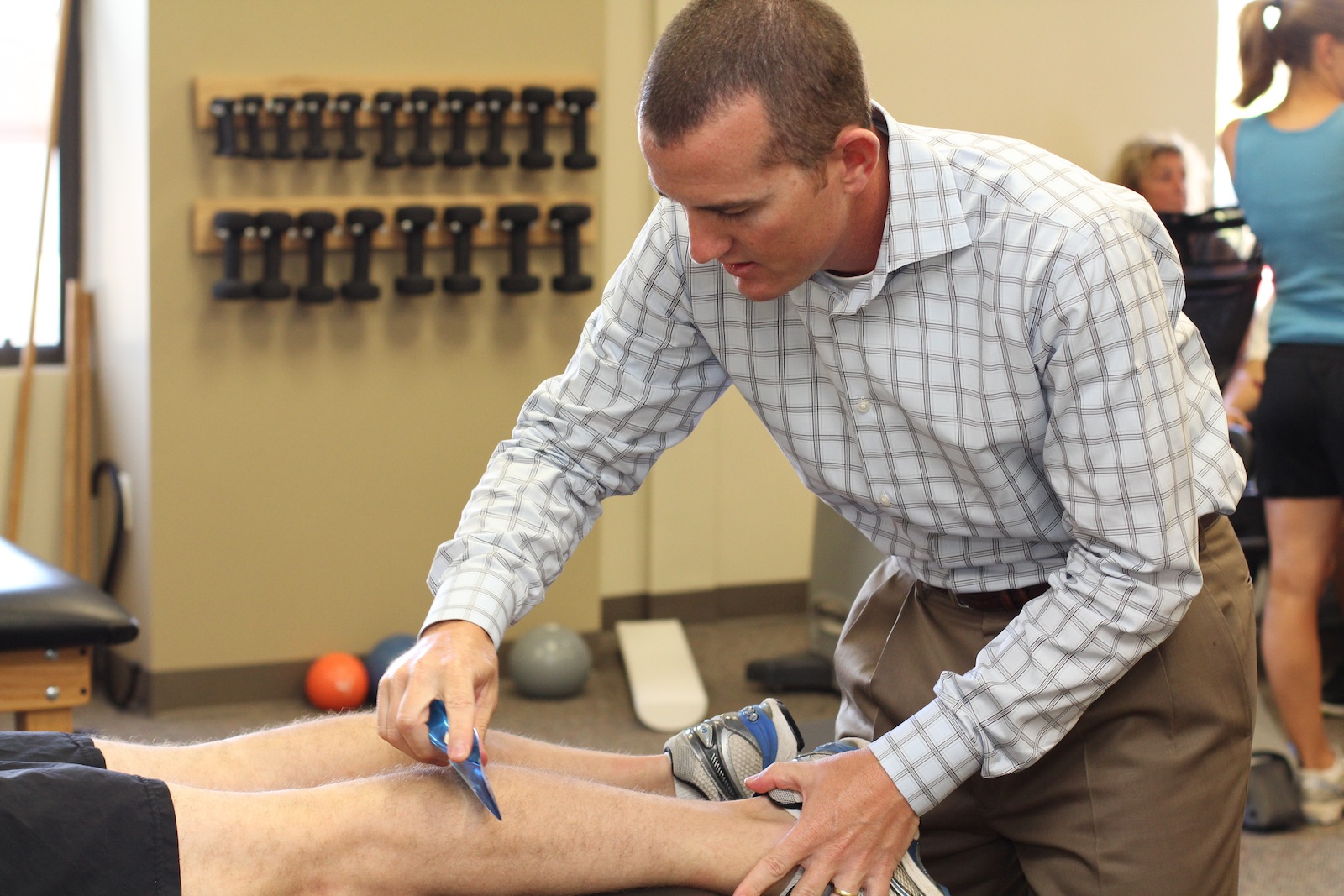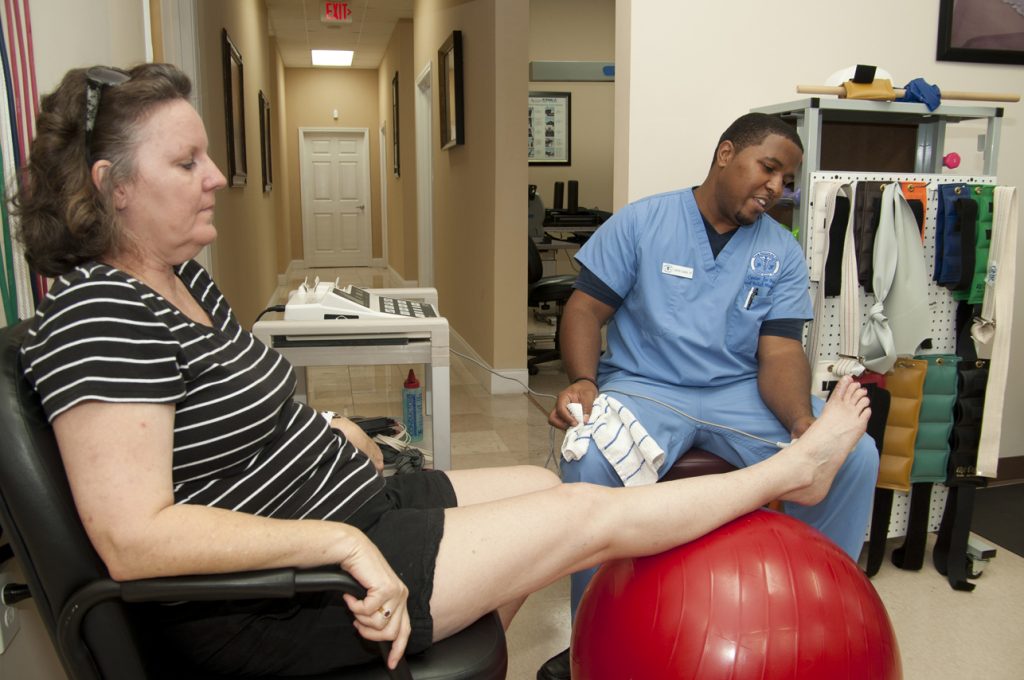One of the most satisfying professions in medical practice is that of orthopedic surgery. The orthopedic doctor who acquires surgical skills can be one of the most satisfied and appreciated doctors for the restorative powers he or she has in their hands to treat and often cure debilitating musculoskeletal conditions.
Why? Part of the answer is associated with the natural restorative capabilities in the human musculoskeletal structure. Bones, muscle tissue, ligaments and tendons, short of catastrophic injury or some degenerative diseases, such as arthritis, have amazing restorative properties. Modern medicine has achieved what was, just a few centuries ago, a life-altering condition even with something as simple as a broken leg.

But another part of the answer lies in the technical advances in understanding of musculoskeletal system functions and treatment of acute and chronic conditions. Even in terms of a common acute knee injury, or a chronic loss of knee function, the advances made in just the last generation have treated once career-ending injuries in sports with significantly invasive surgery to not even the loss of a single season with very light invasive surgical procedures to completely restore knee function.
How does one train to become an orthopedic doctor with a surgical specialty? Some may think it is a long process, but the satisfaction of both doctor and patients far exceeds the difficulty of expense in time.
A four-year baccalaureate degree is the first hurdle, followed by four years of medical school; the necessary requirements for any medical doctor’s specialty. National Board Exams are the next priority, followed by application to an orthopedic residency. There is one year of internship in a hospital, followed by a four-year residency to study and learn the fundamental techniques of orthopedic surgery. During residency, the orthopedic doctor will cycle through the various sub-specialties of orthopedic surgery. An optional year of fellowship is available to further engage a chosen specialty, like sports medicine.

At the completion of either residency or the optional fellowship, the orthopedic surgeon, after 13 to 14 years of training, is prepared to practice his or her specialty. Of course, from the point of graduation from medical school, the first-year intern is already beginning to enjoy the satisfaction of treating patients for their orthopedic needs.
It is a shared satisfaction and there is no doubt but that it is the fully educated and practicing orthopedic doctor with a specialty in surgery who is basking in the lion’s share of the pride and satisfaction of restoring an orthopedic patient to the possibility of full recovery and activity as if nothing had occurred to mar their quality of life.
Is that worth 14 years? Only the seasoned orthopedic doctor and surgeon can adequately answer the question, but they will have enjoyed a full career of stresses outweighed by satisfied patients who have been given their life by the skills and dedication of a fully trained, compassionate and competent surgeon. He or she will likely admit, with not a little bit of humility along with the proud smile, that they could not have chosen a more satisfying career.
